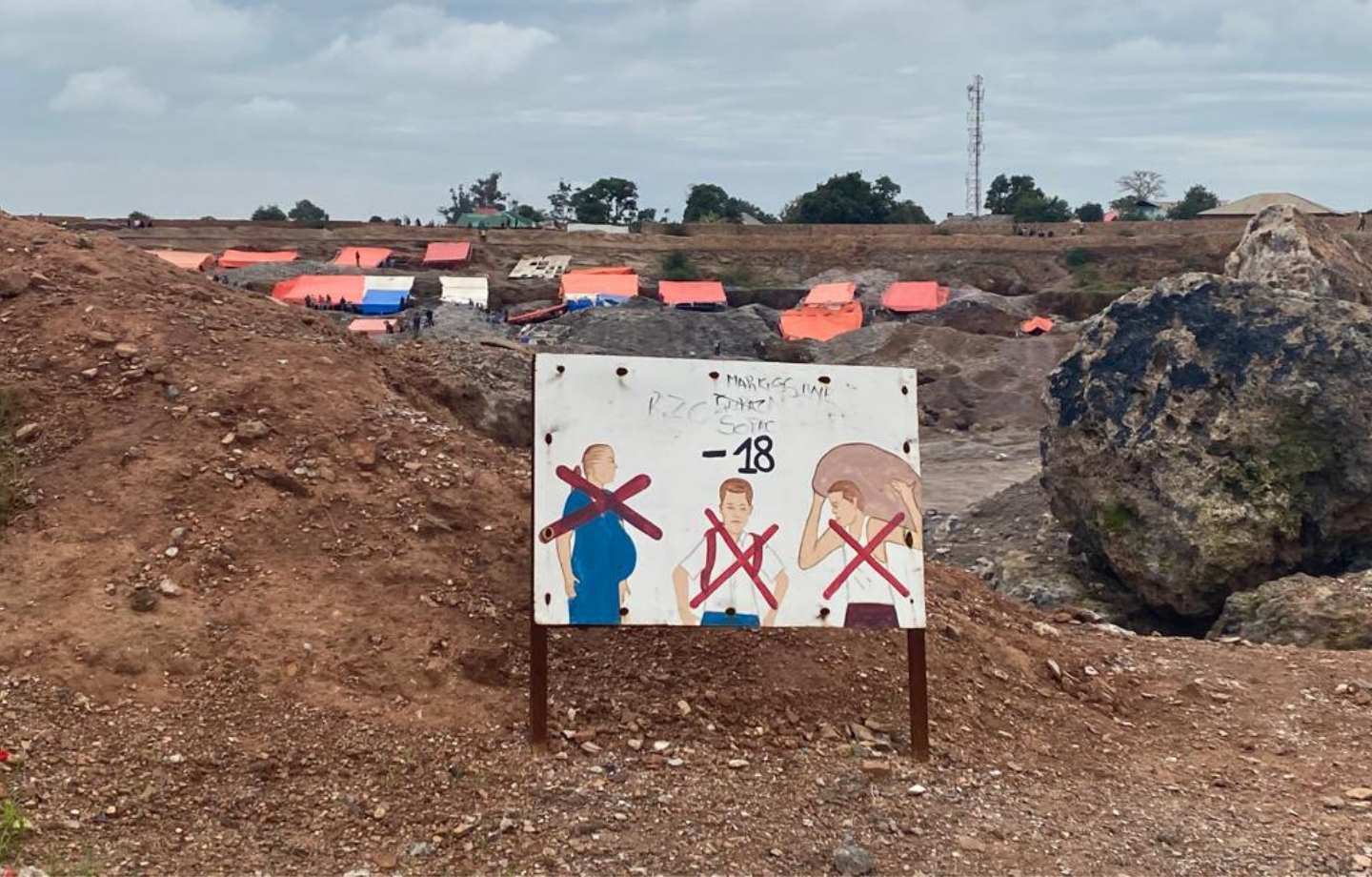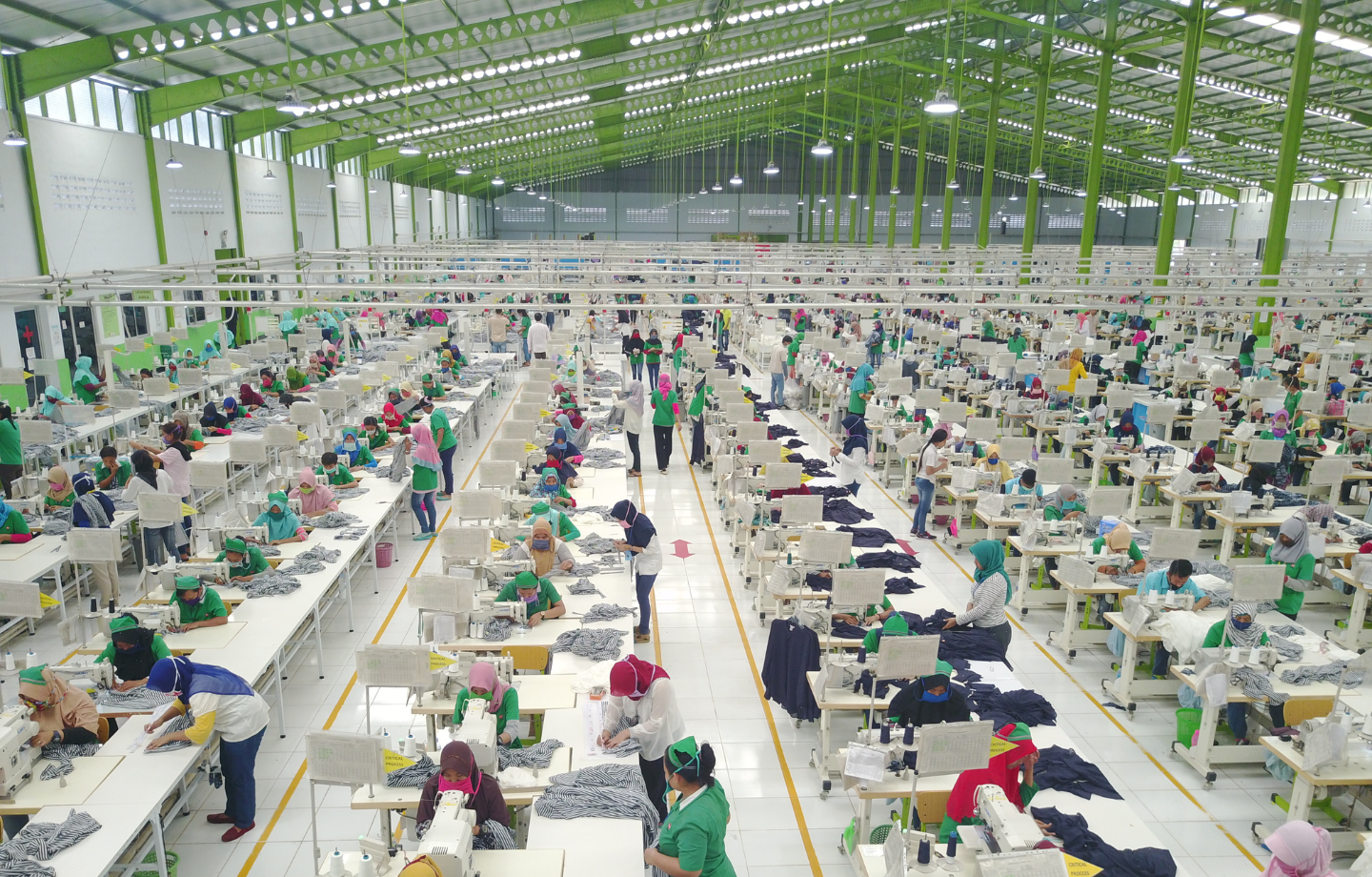Why Academic Sustainability Centers Need a Human Rights Perspective

October 17, 2024
This fall, two leading academic institutions announced the launch of dedicated “sustainability” centers. The Graduate Institute in Geneva launched the Hoffmann Center for Global Sustainability and the London School of Economics launched the Global School of Sustainability.
The launch of these institutions shows that sustainability has moved to center stage, not only in practice but also in academia.
What is surprising, however, is that the programs of these new institutions are focused primarily on environmental sustainability.
This does not correspond with a wholistic understanding of sustainability. The classic symbol for sustainability is the three-legged stool. The social, economic, and environmental components of sustainability each represents one of the stool’s legs. If one leg is missing, the sustainability stool cannot balance or function.
In corporate practice, the realization that sustainability advancements require integrated approaches is growing. Instead of dealing with climate change strategies in an isolated manner, some companies (for example, the sneaker company Veja ) are developing business models that advance both climate change targets and the wellbeing of workers and communities.
In the context of the energy transition, the connection of the social, environmental and economic dimensions of sustainability is obvious. Our Center’s research on responsible cobalt sourcing in the Democratic Republic of the Congo highlights that producing environmentally friendly electric vehicles requires responsible sourcing strategies for critical battery minerals such as copper and cobalt. Solutions on the ground need to involve artisanal miners because artisanal, non-industrial copper and cobalt production is indispensable for both, meeting global demand and protecting the livelihoods of local communities. Developing business strategies for a just energy transition is therefore not merely a moral obligation but also an economic imperative.
Developing business models that optimize not only environmental sustainability but also a holistic approach to the concept is not easy. Our Center’s work shows that human rights are among the least well understood and most complex business issues. Academic sustainability centers should fully embrace an interdisciplinary view of sustainability integrating human rights.
 Global Labor
Global Labor Business & Human Rights Leadership
Business & Human Rights Leadership


